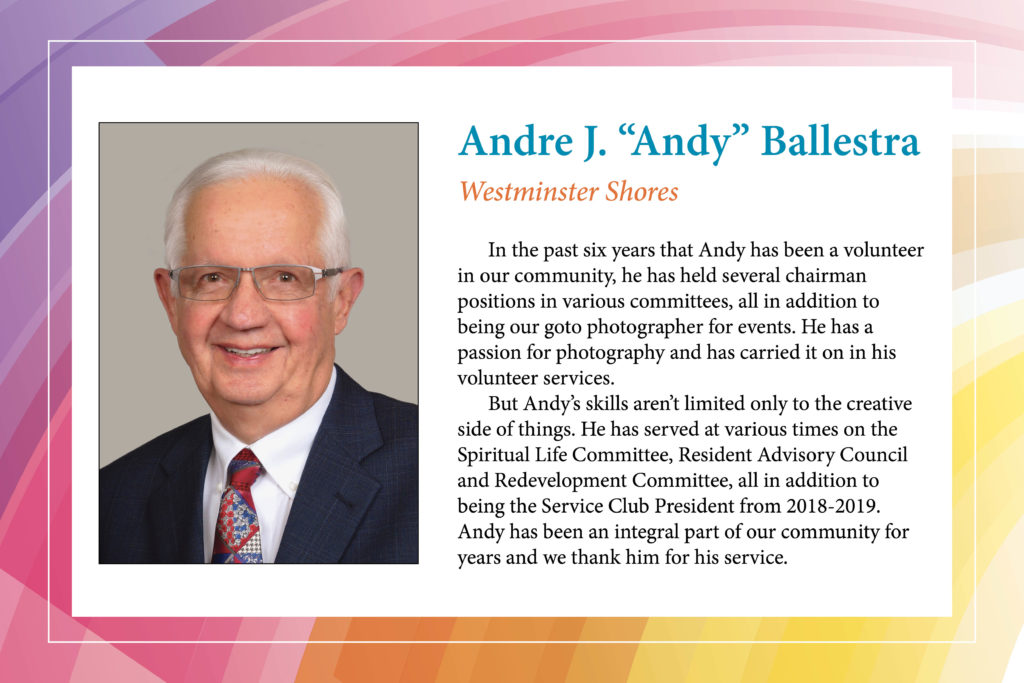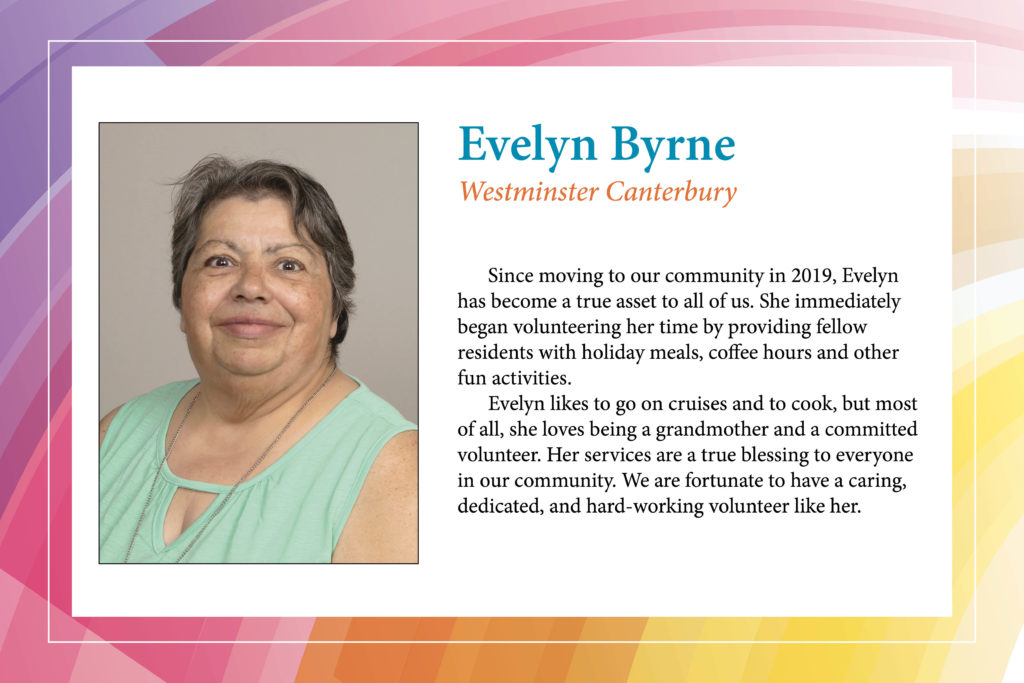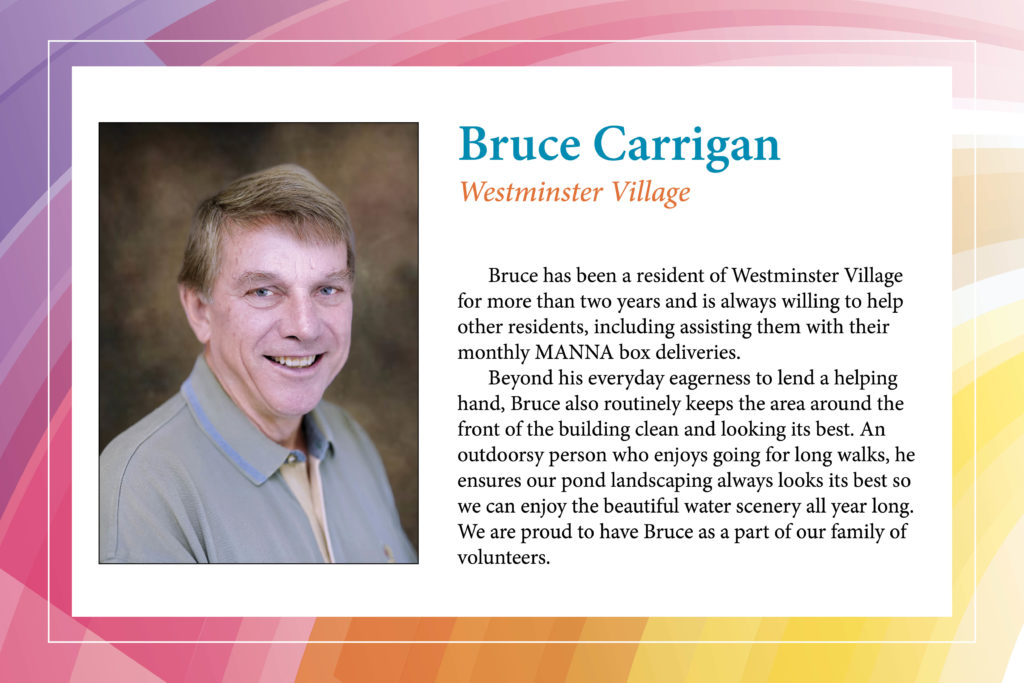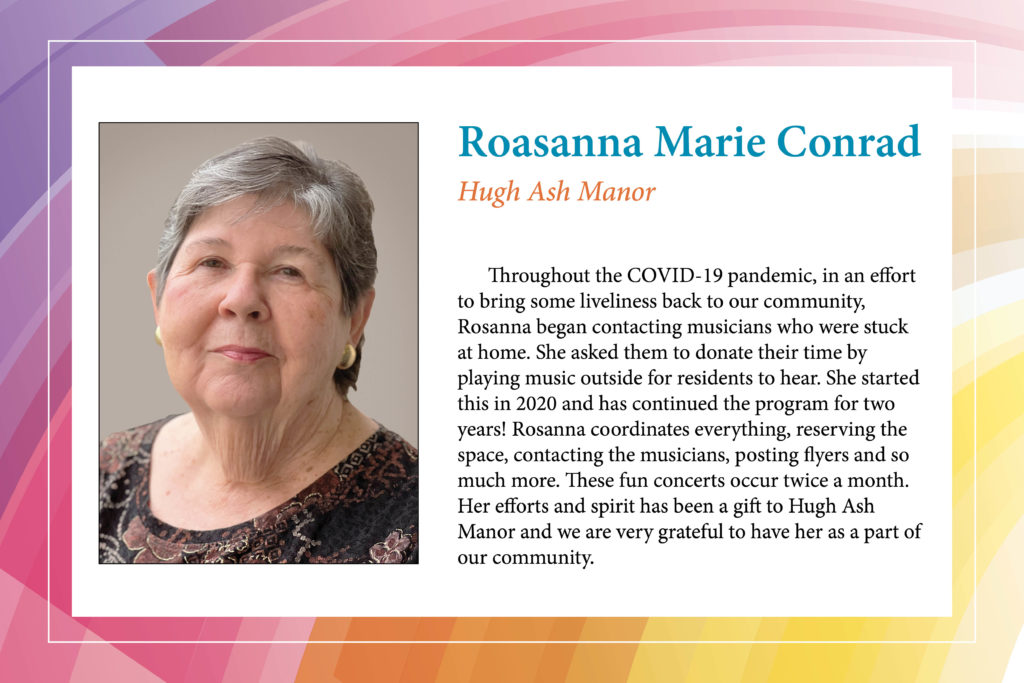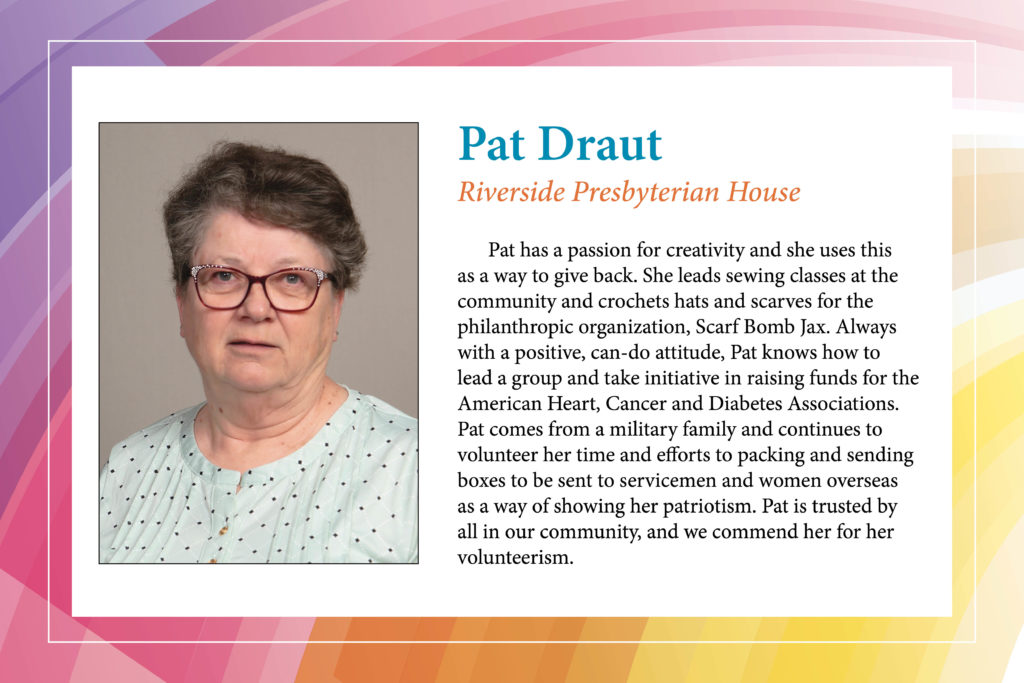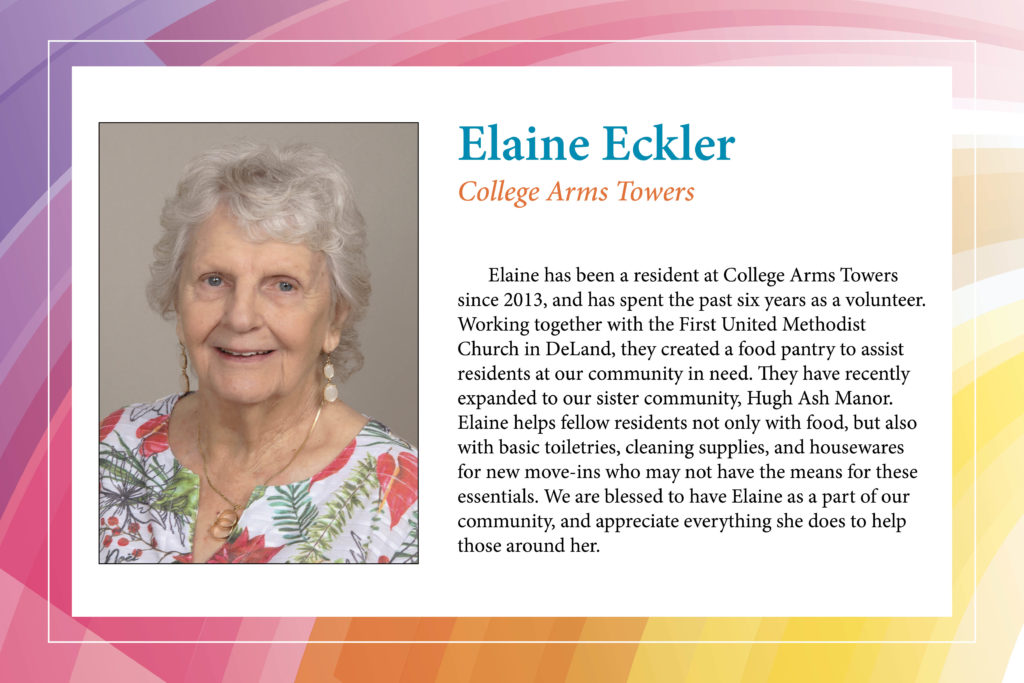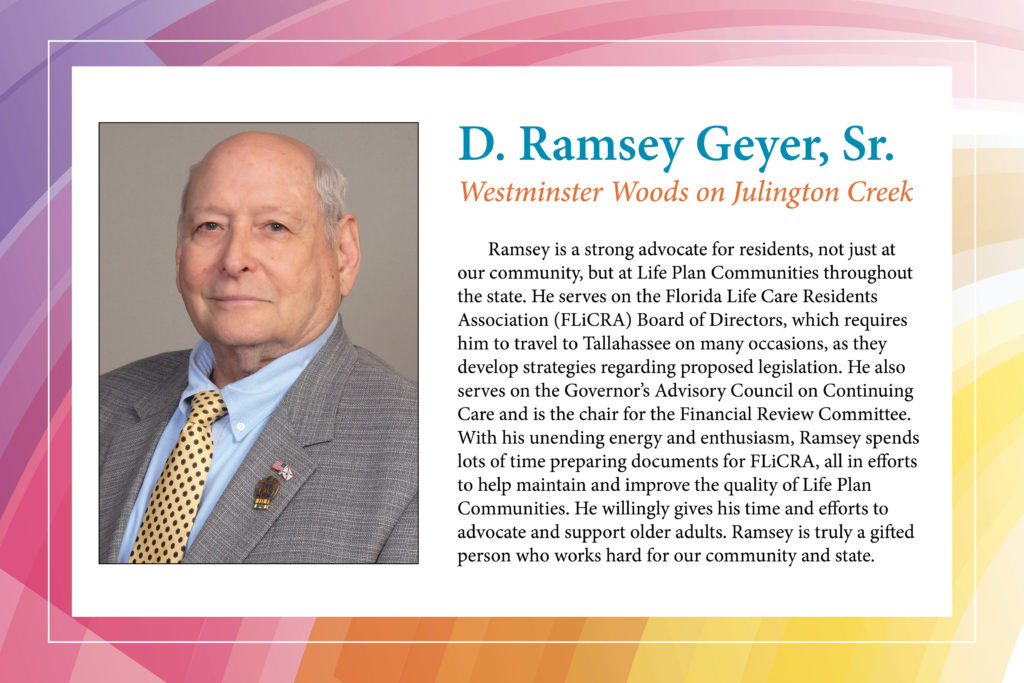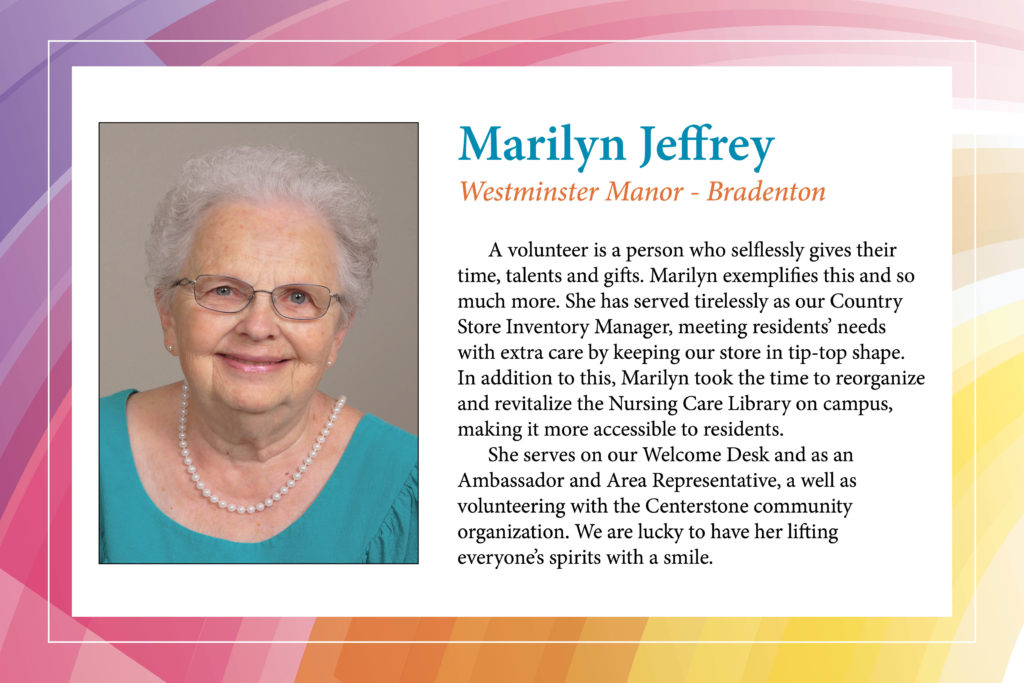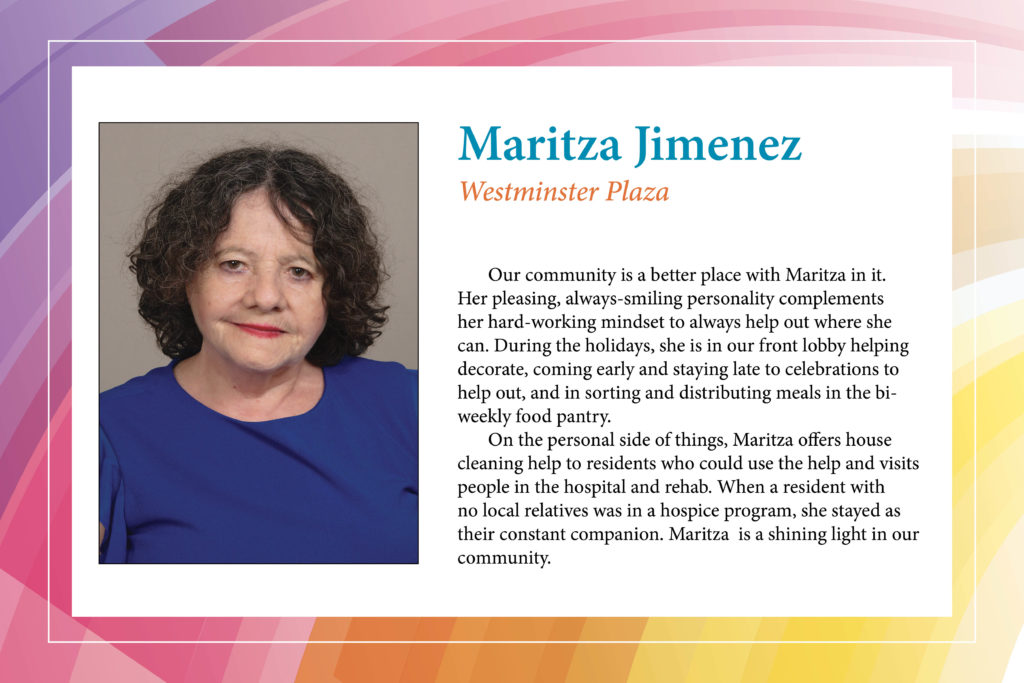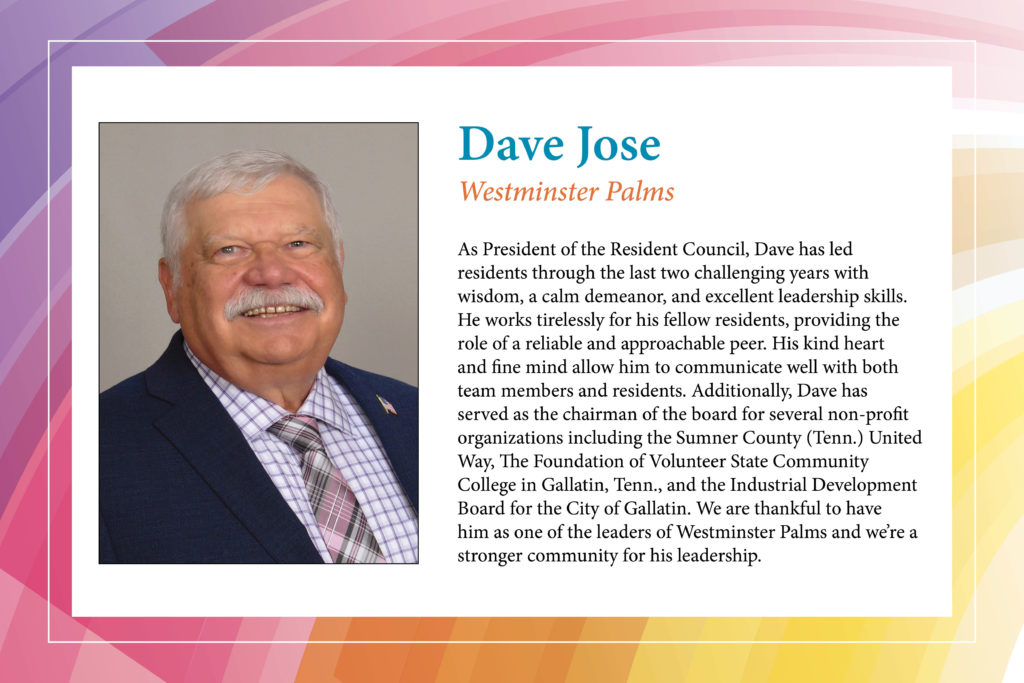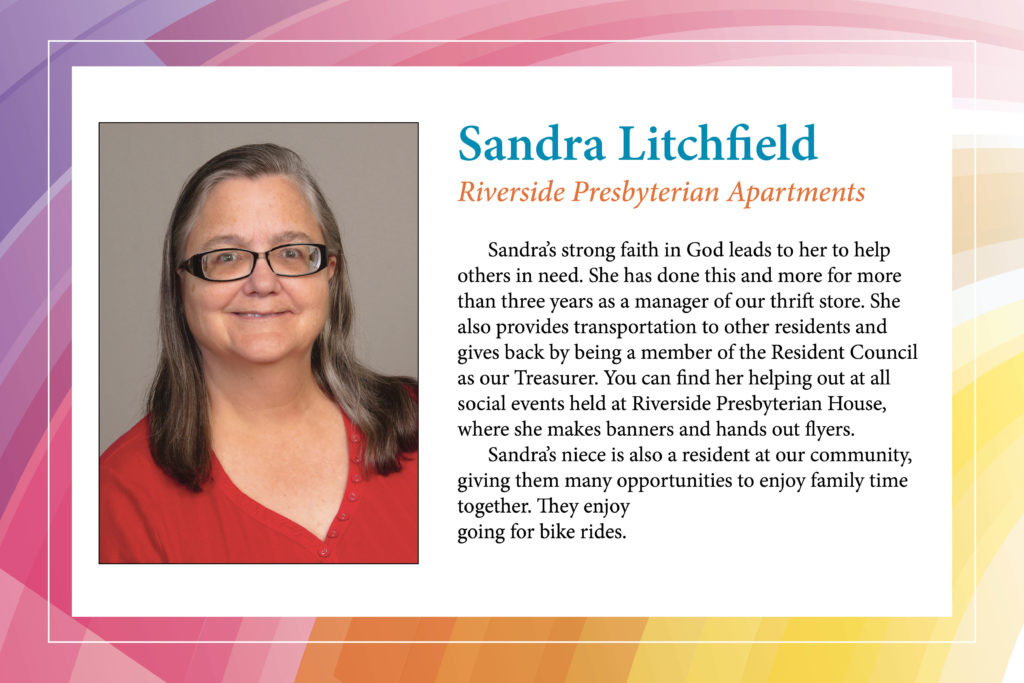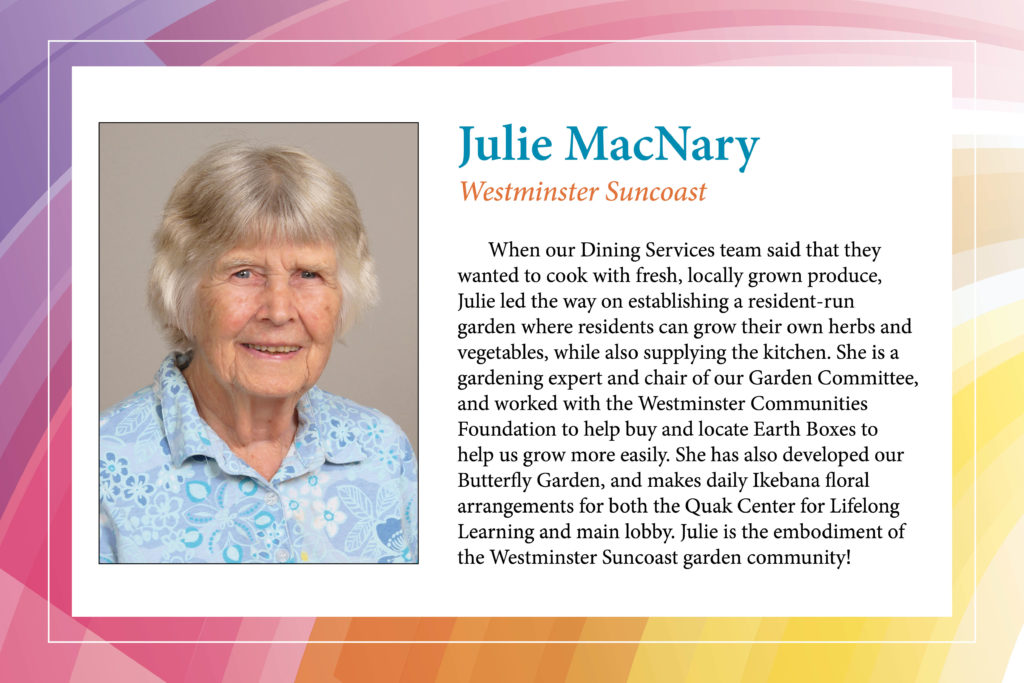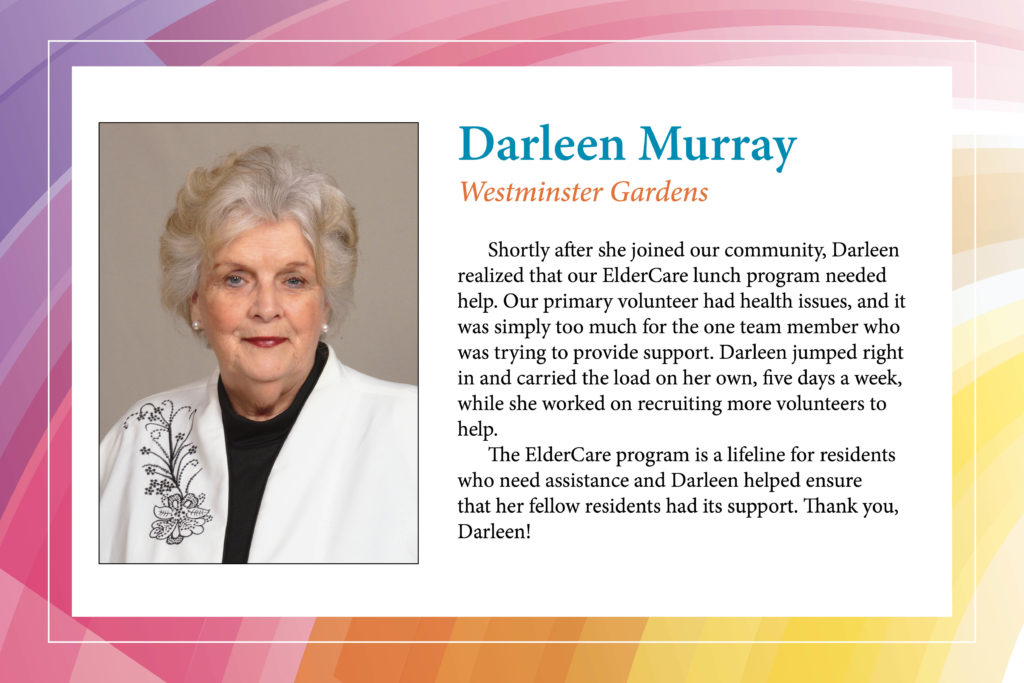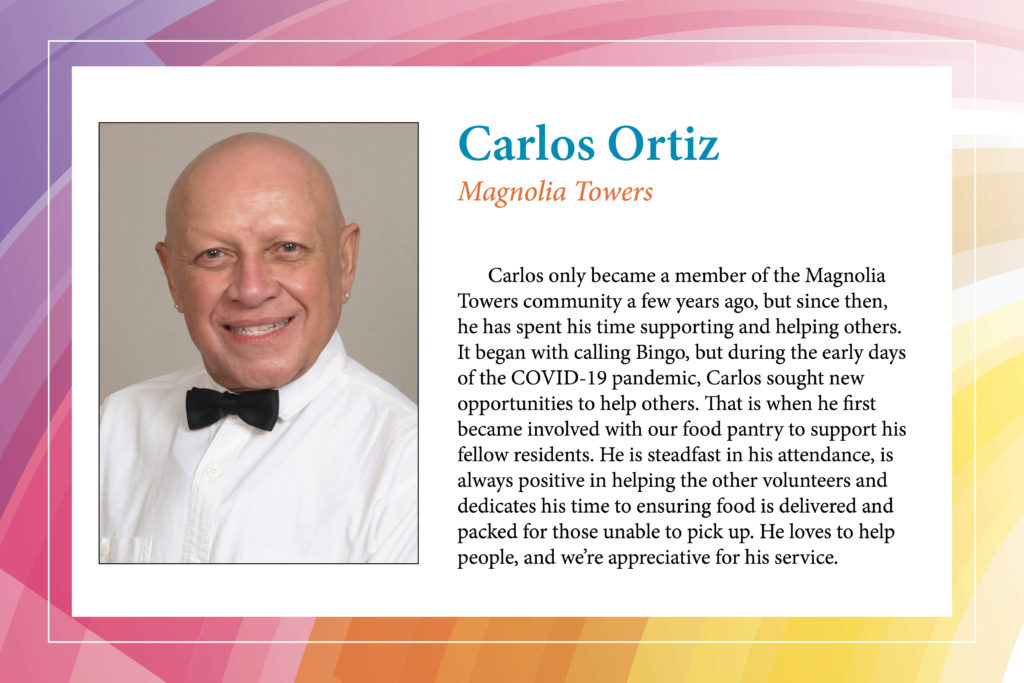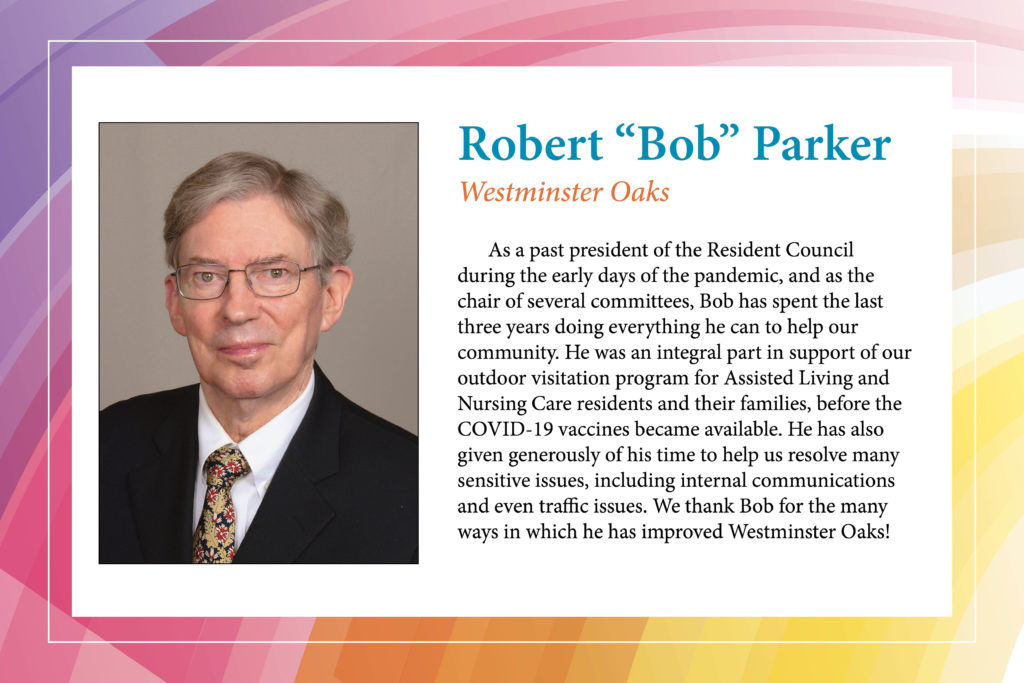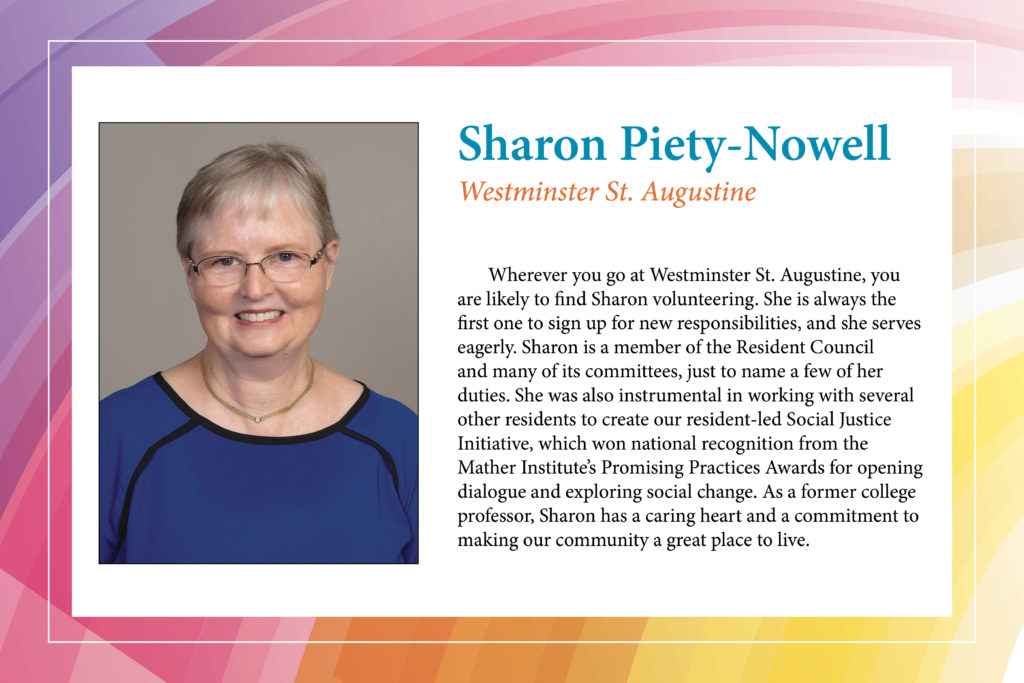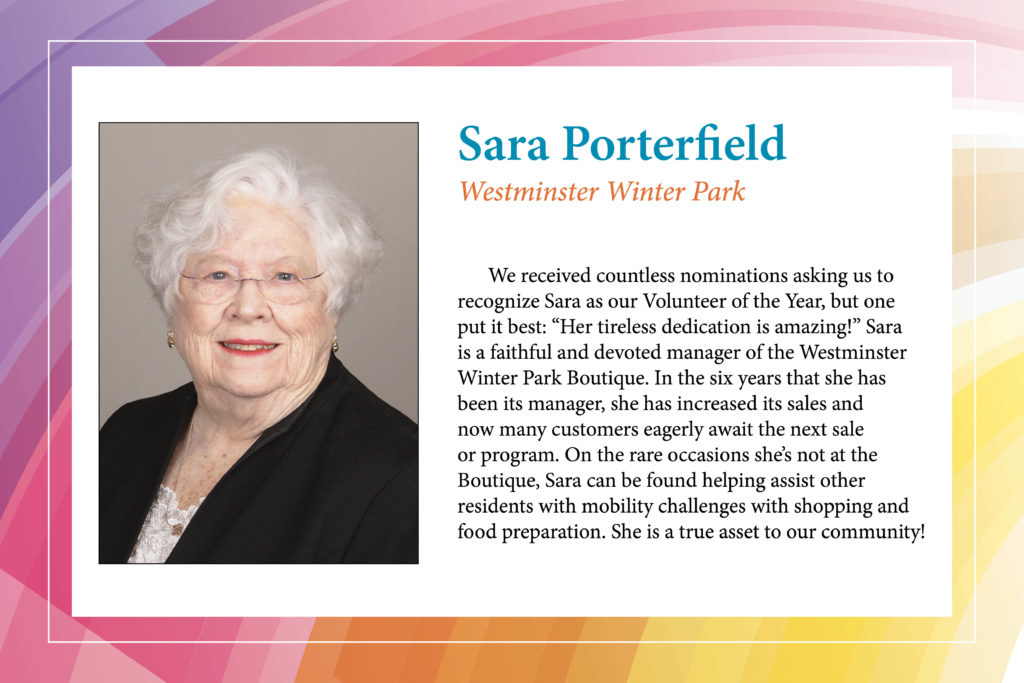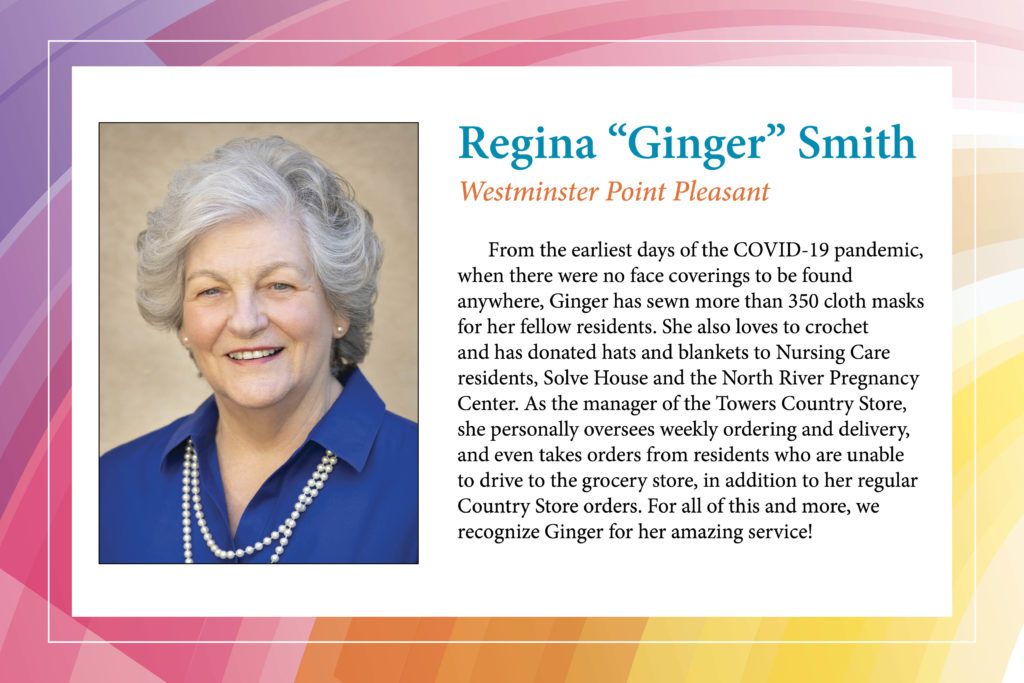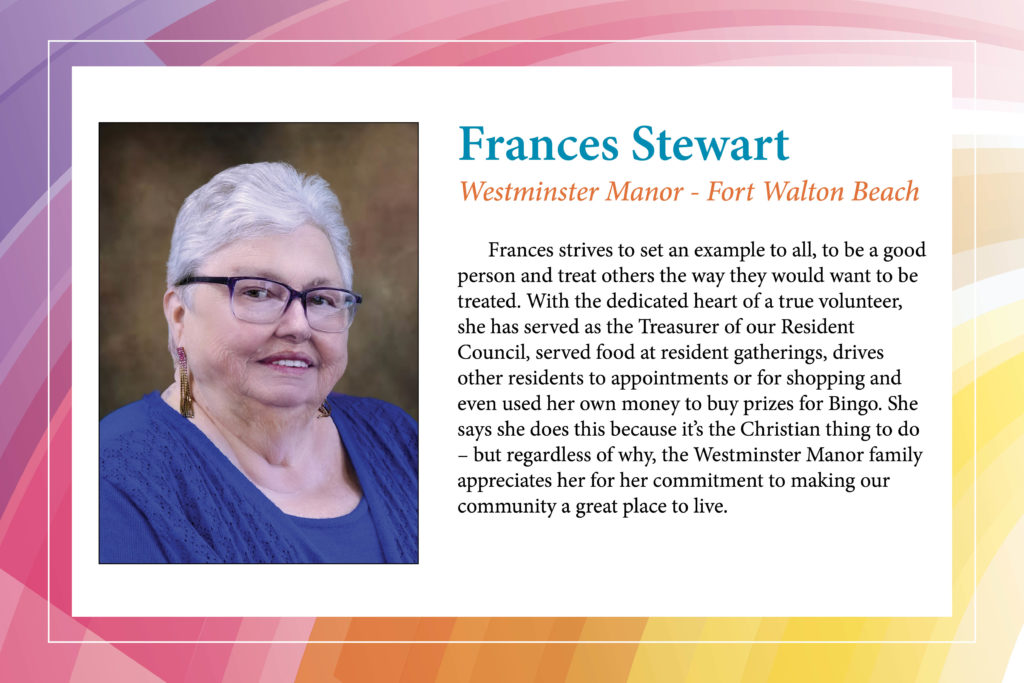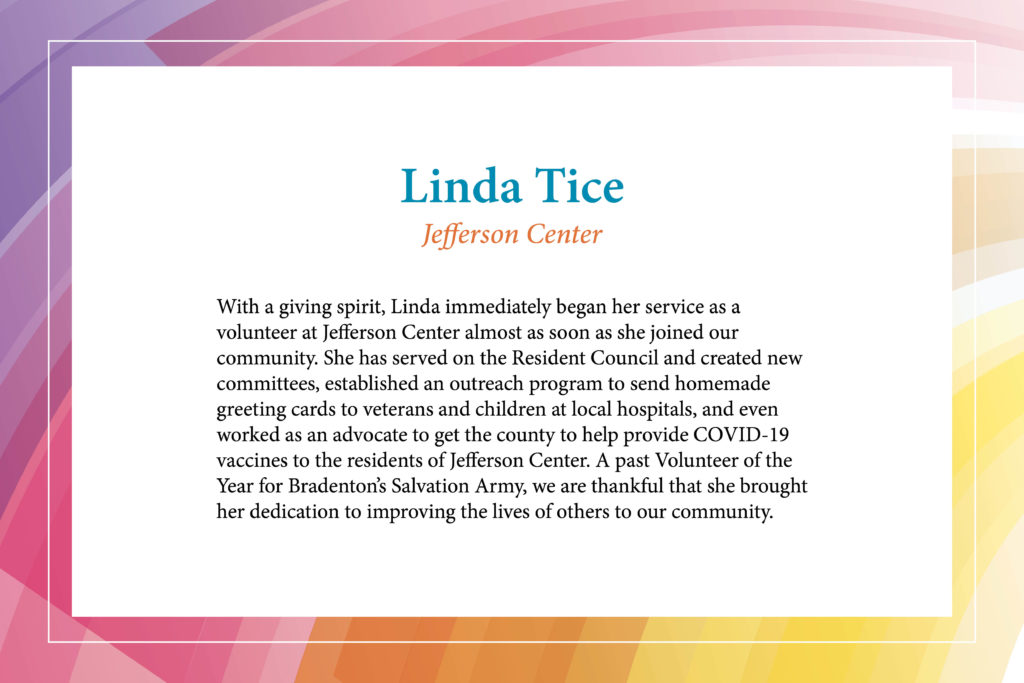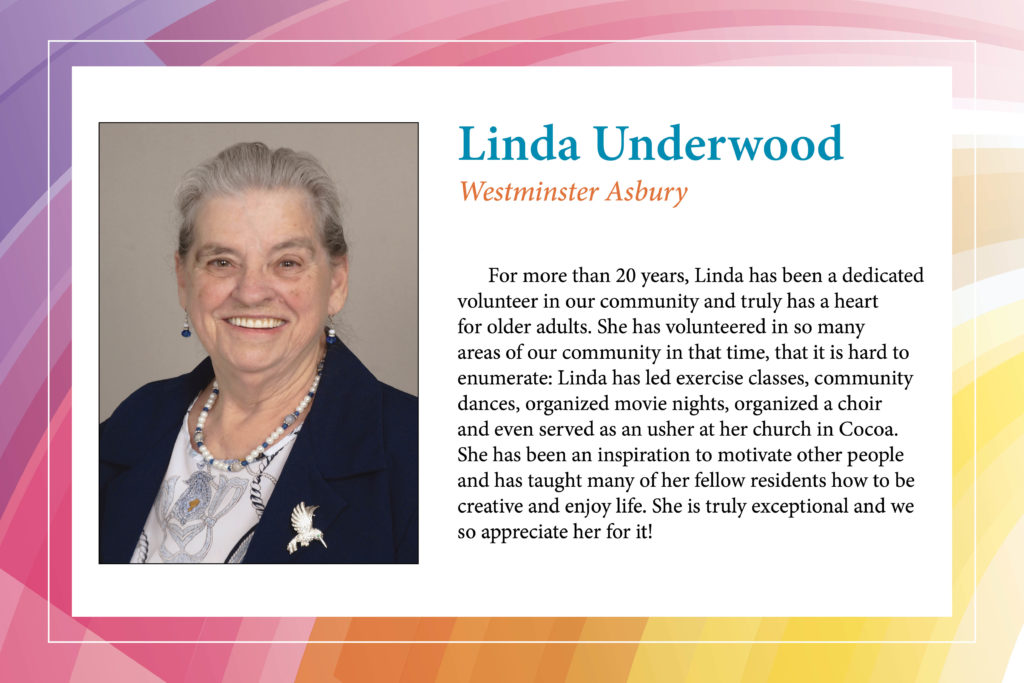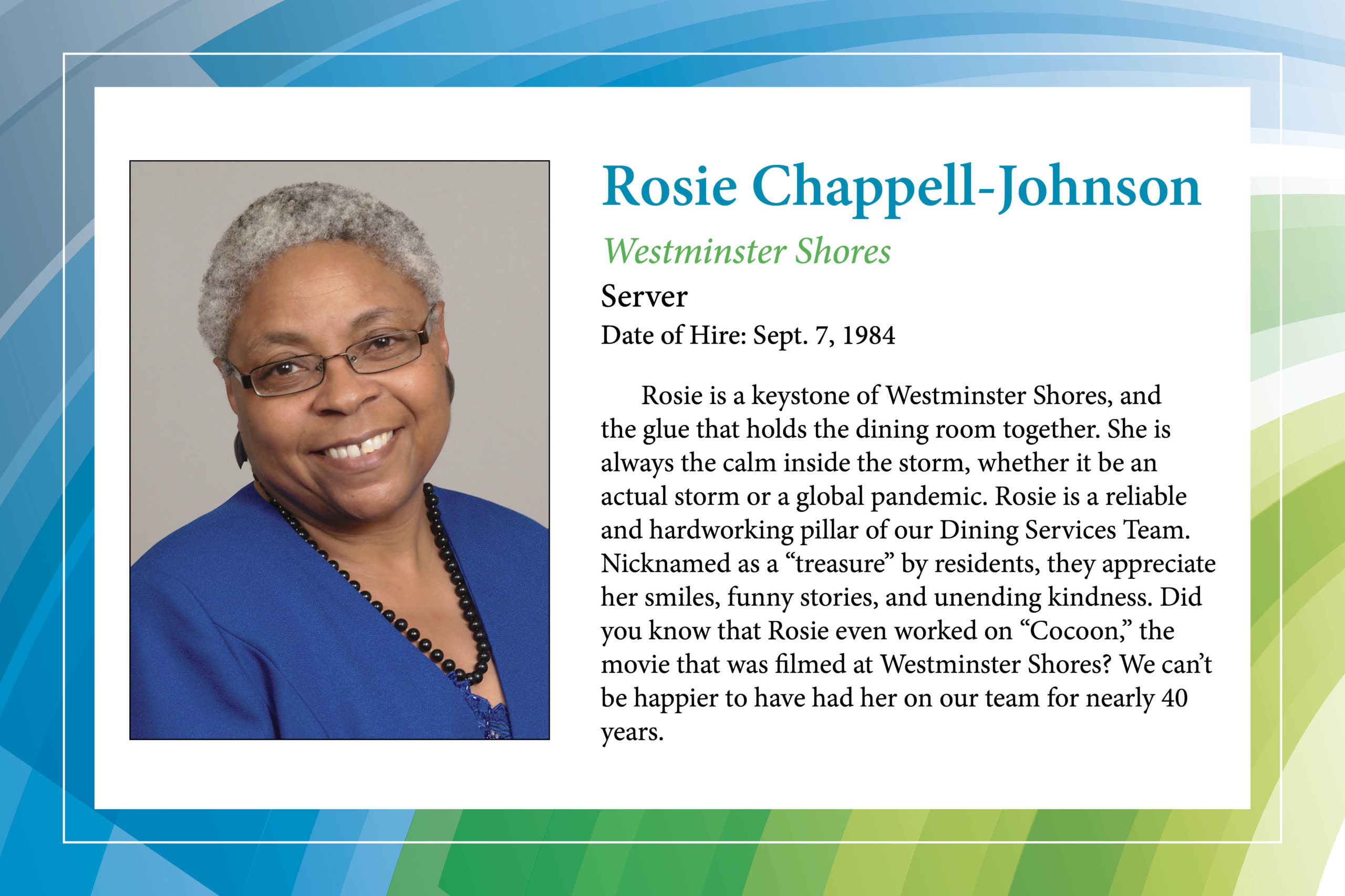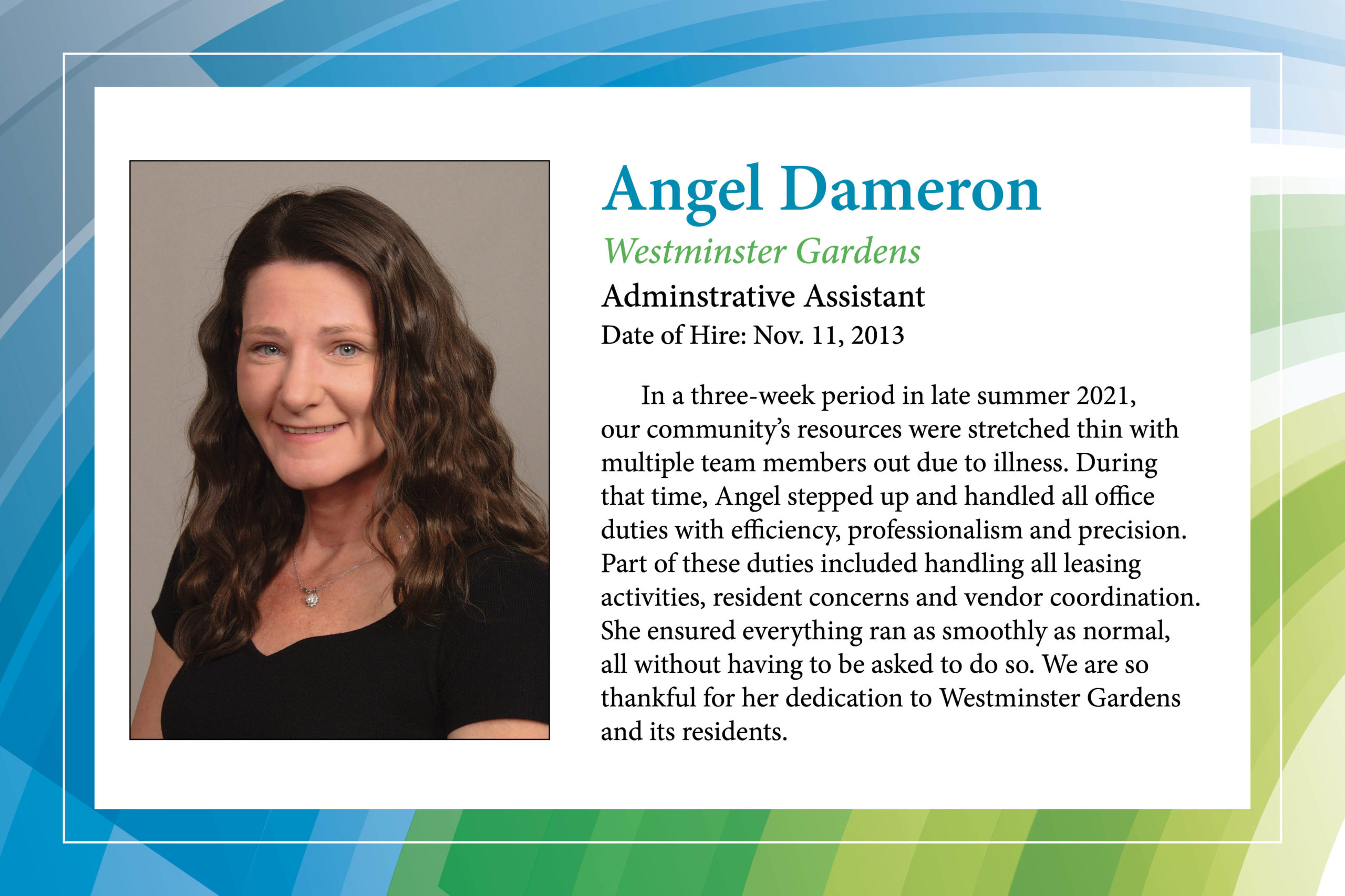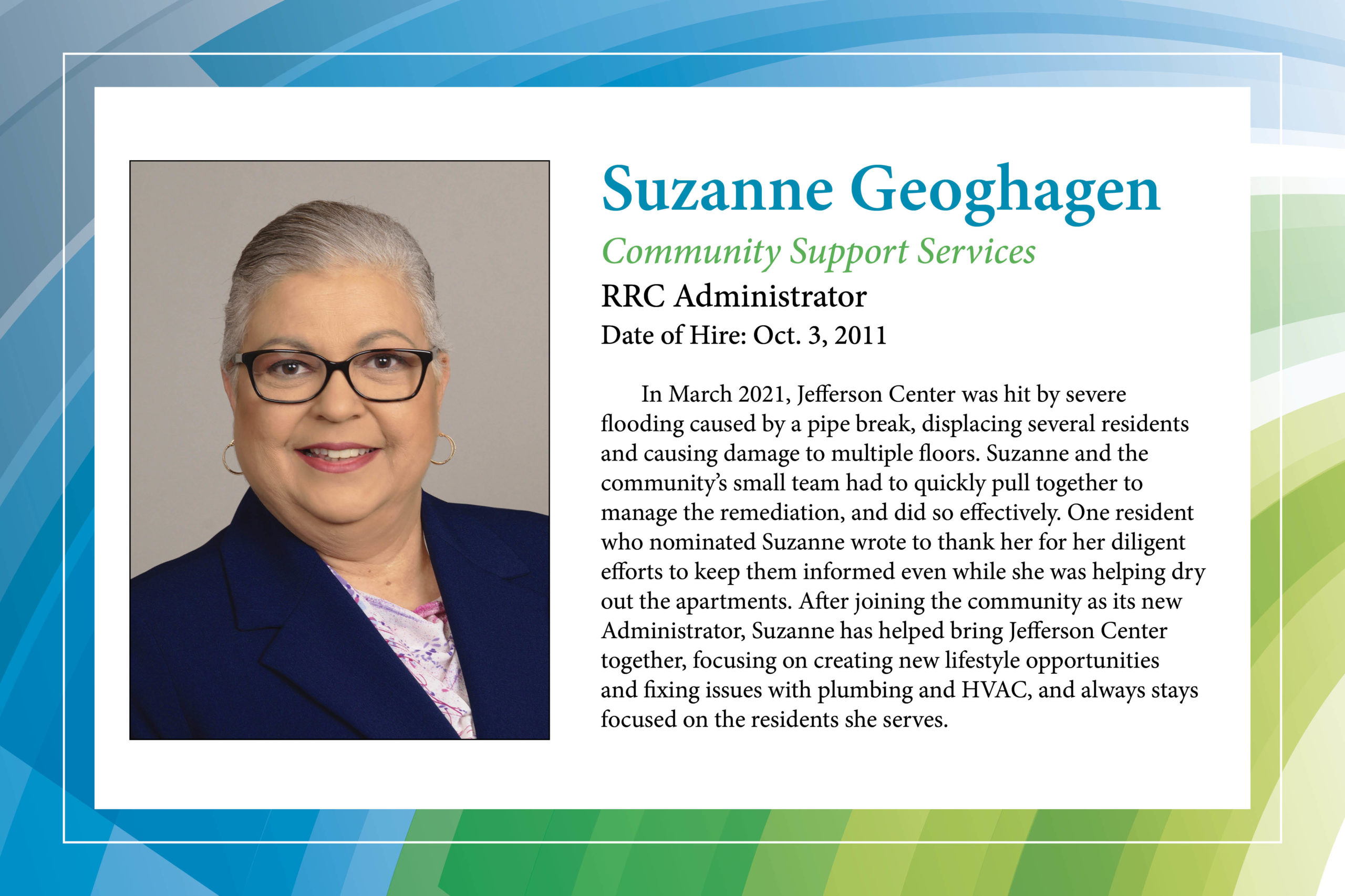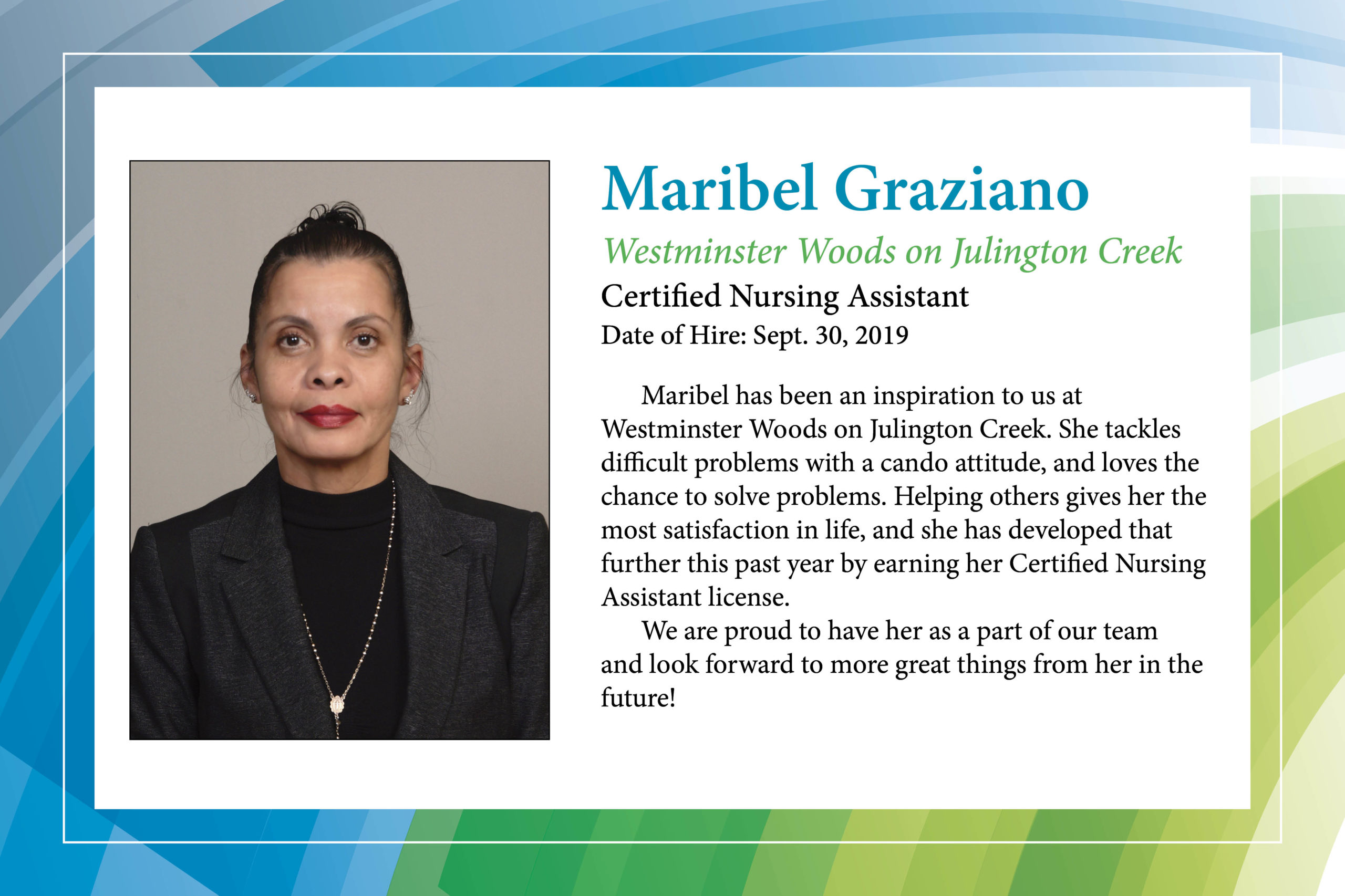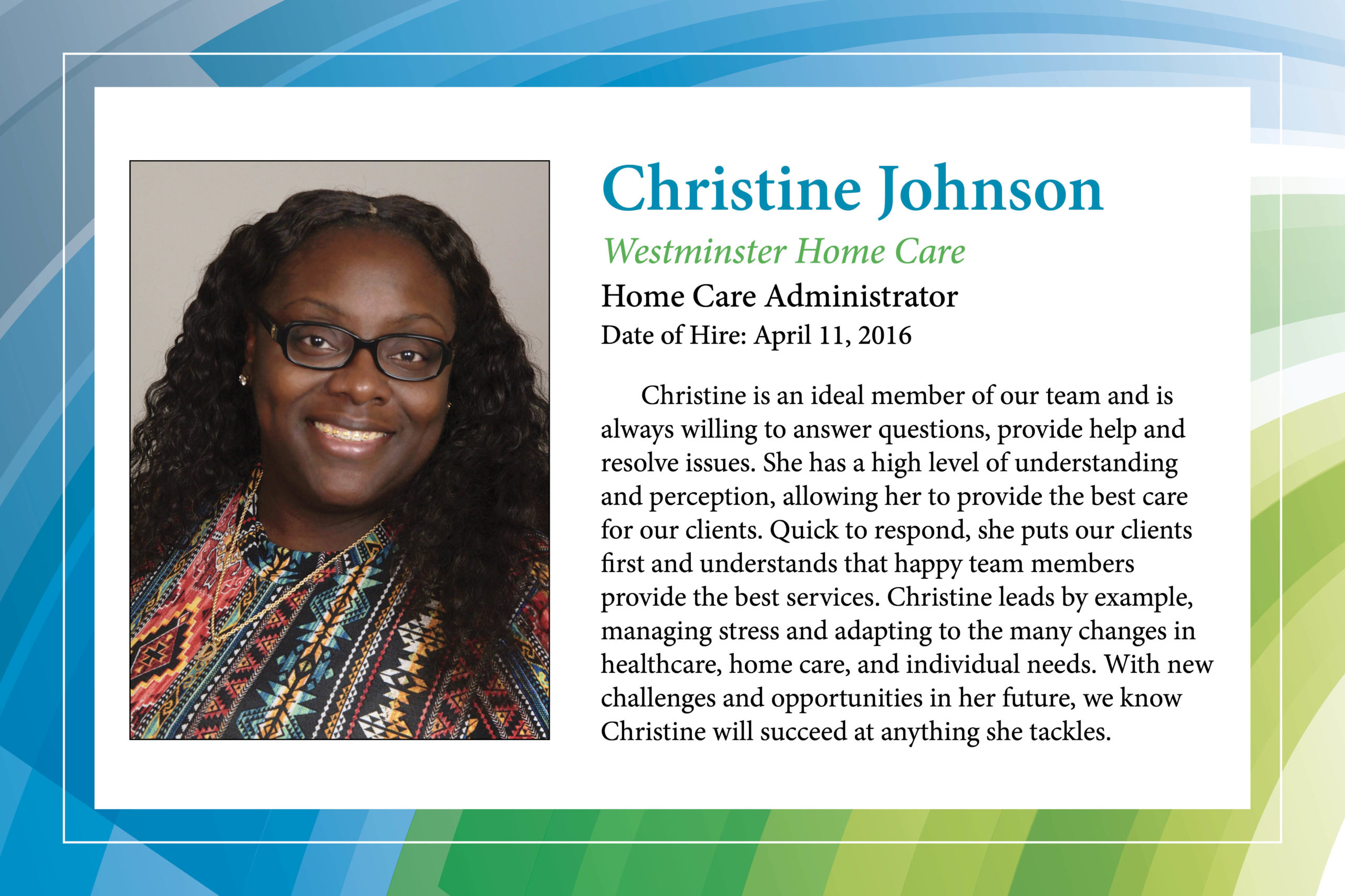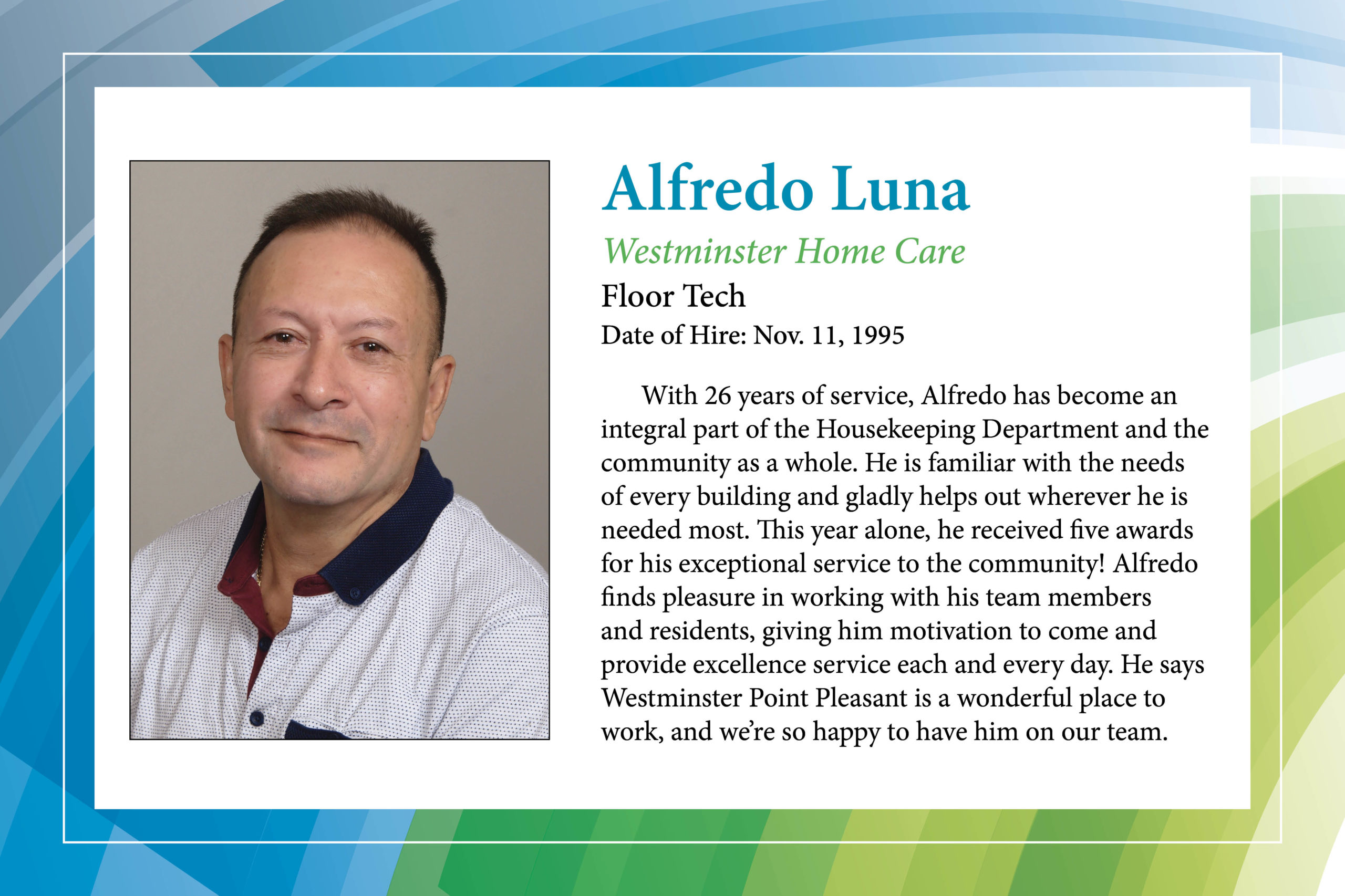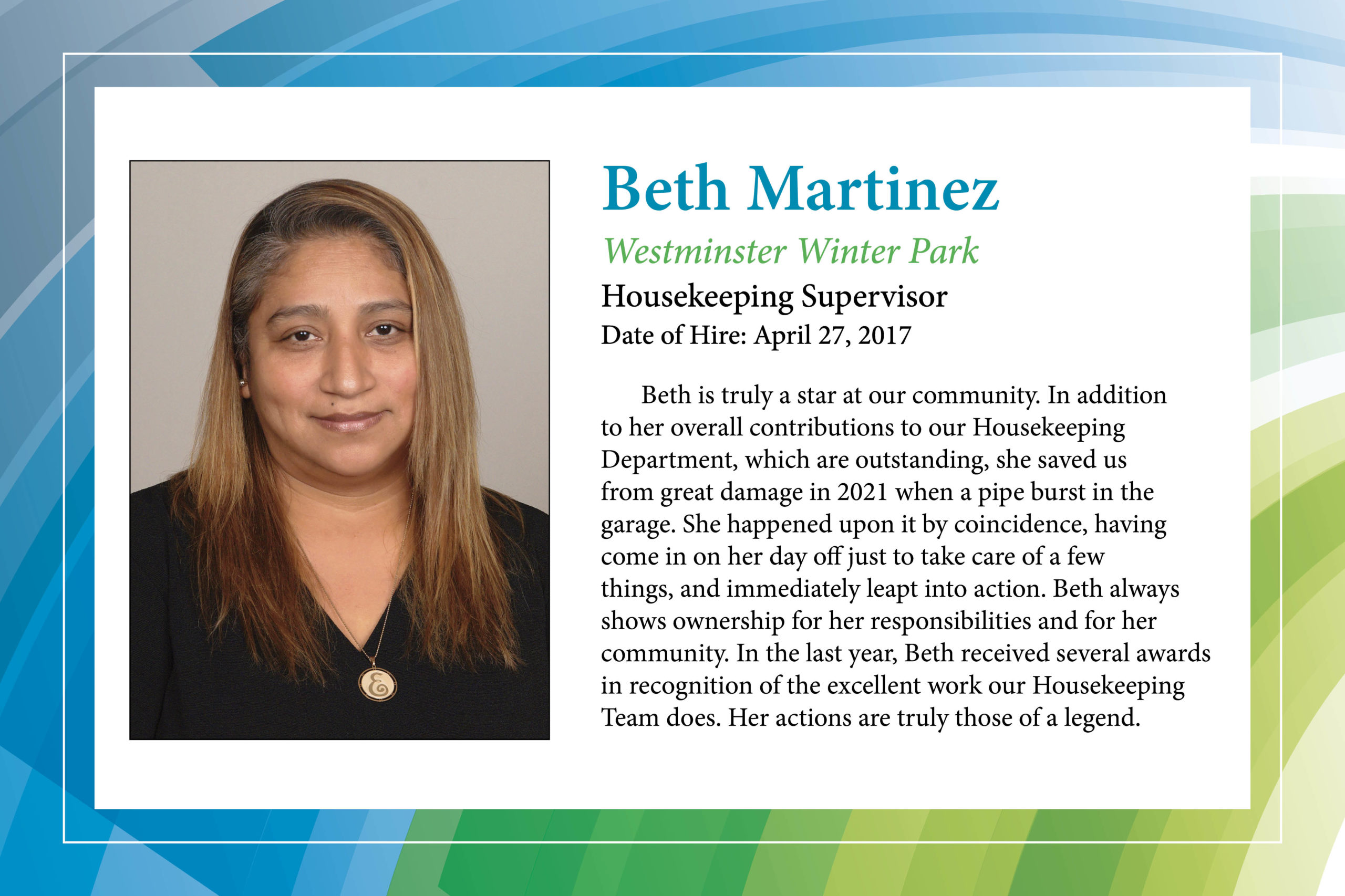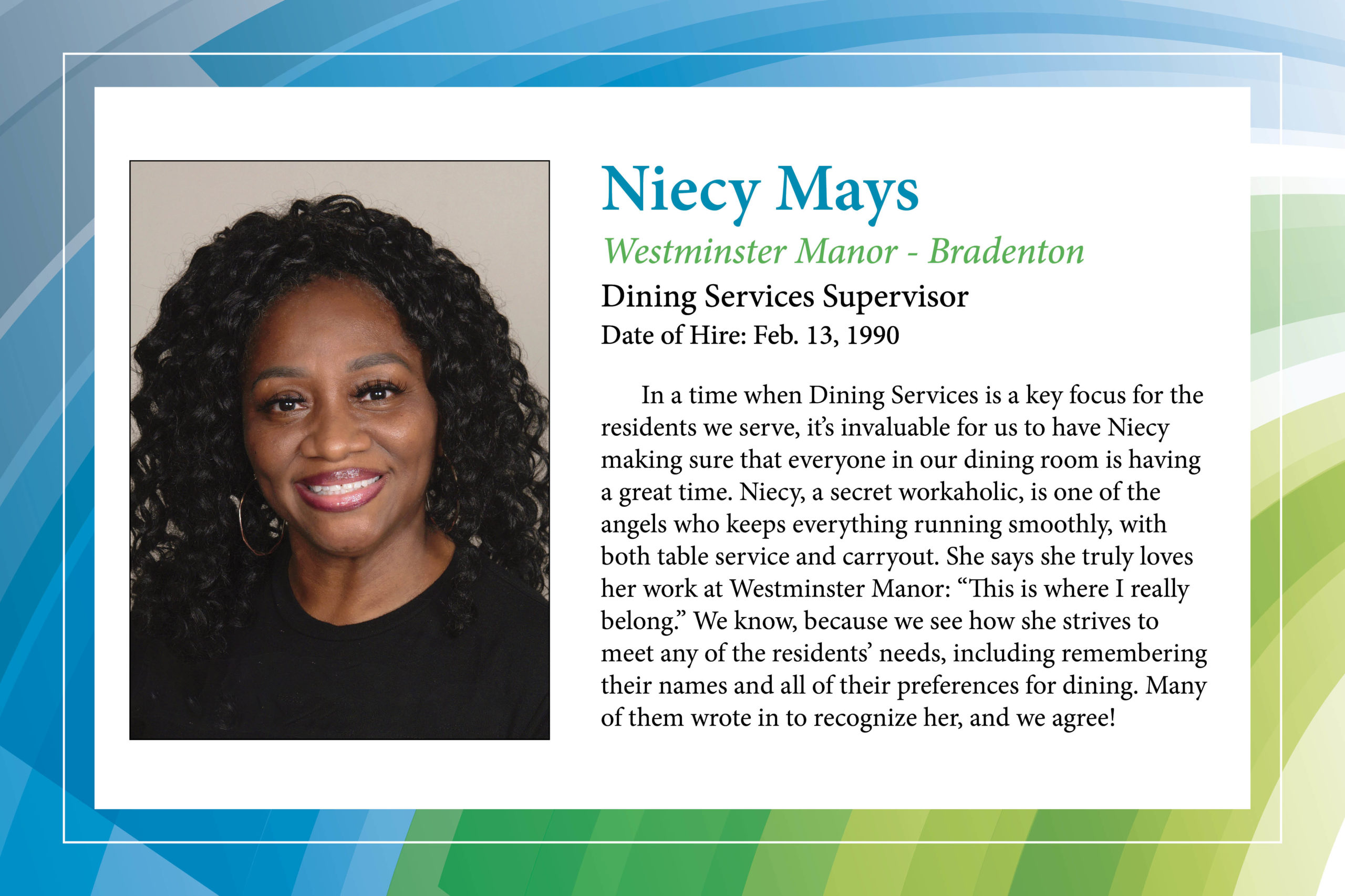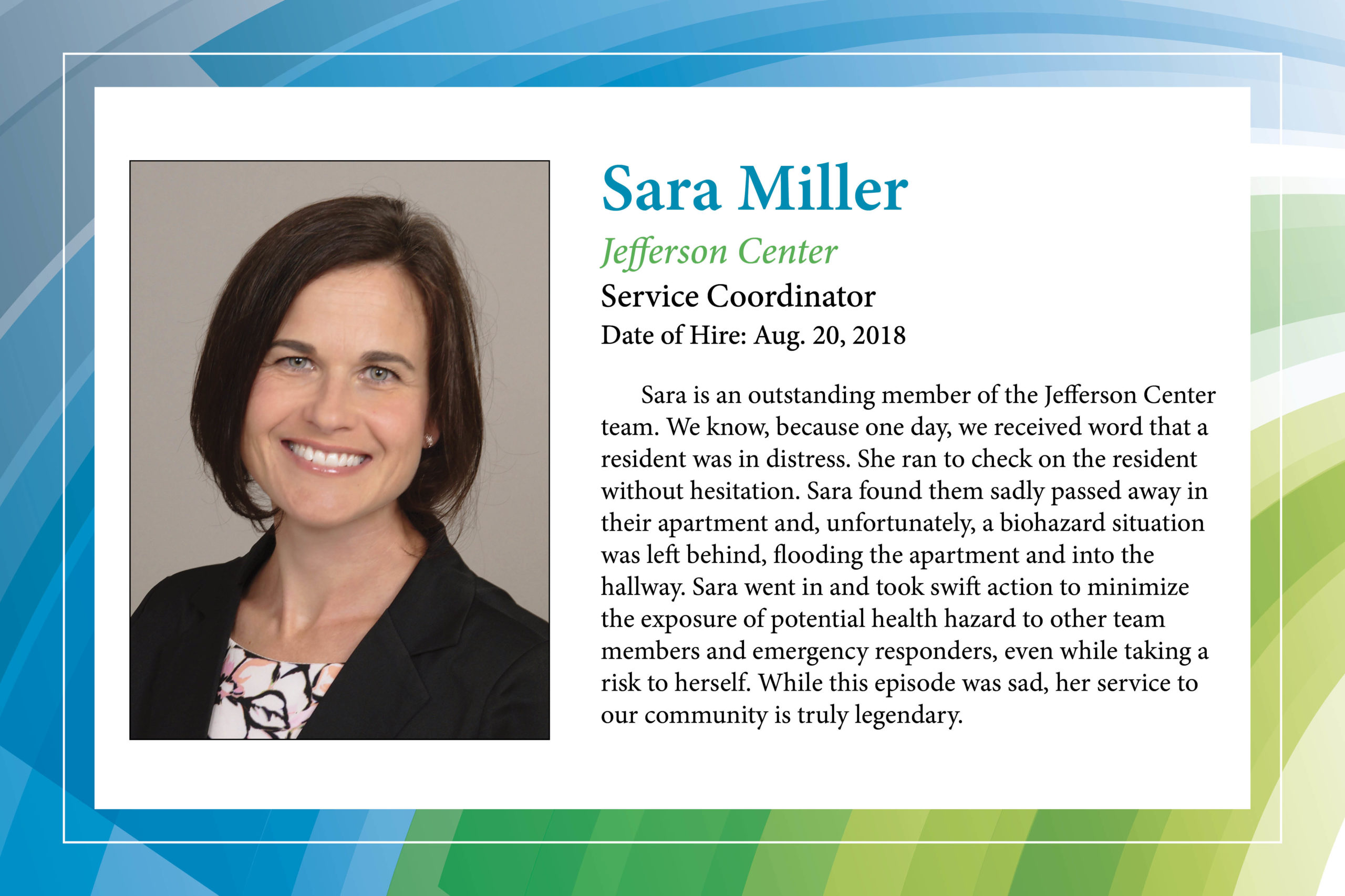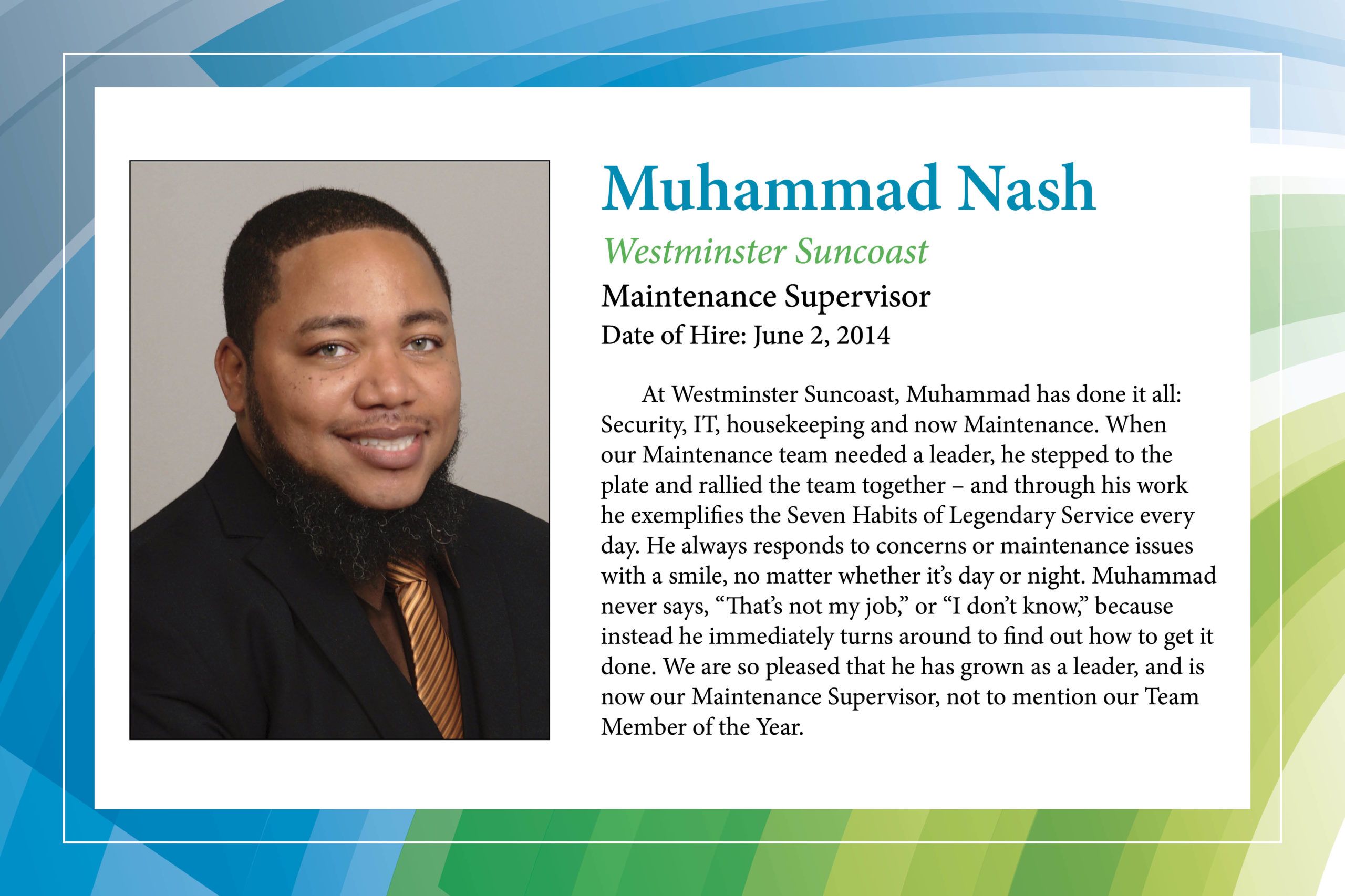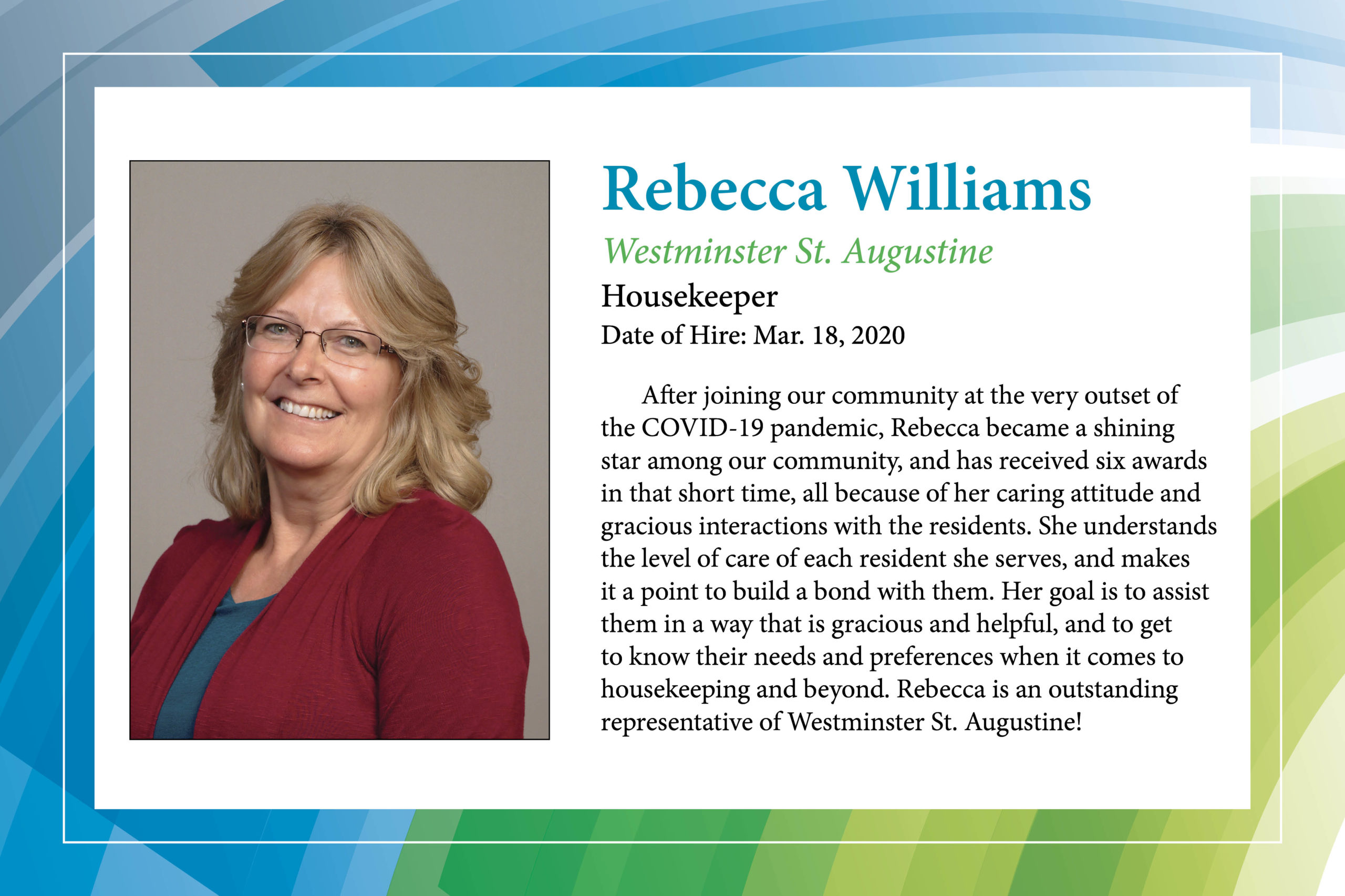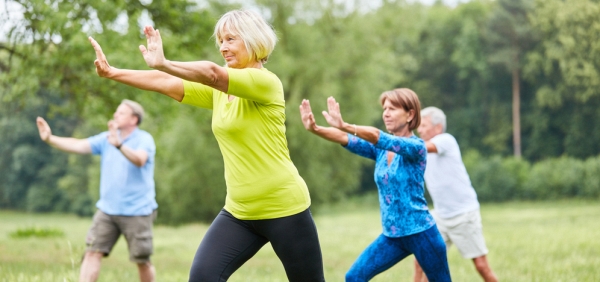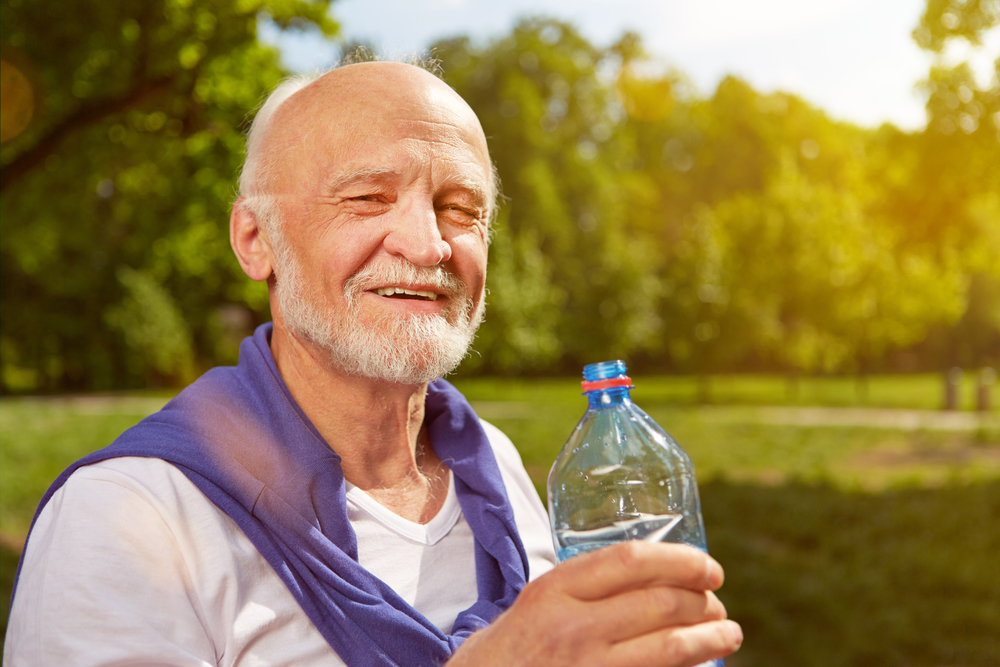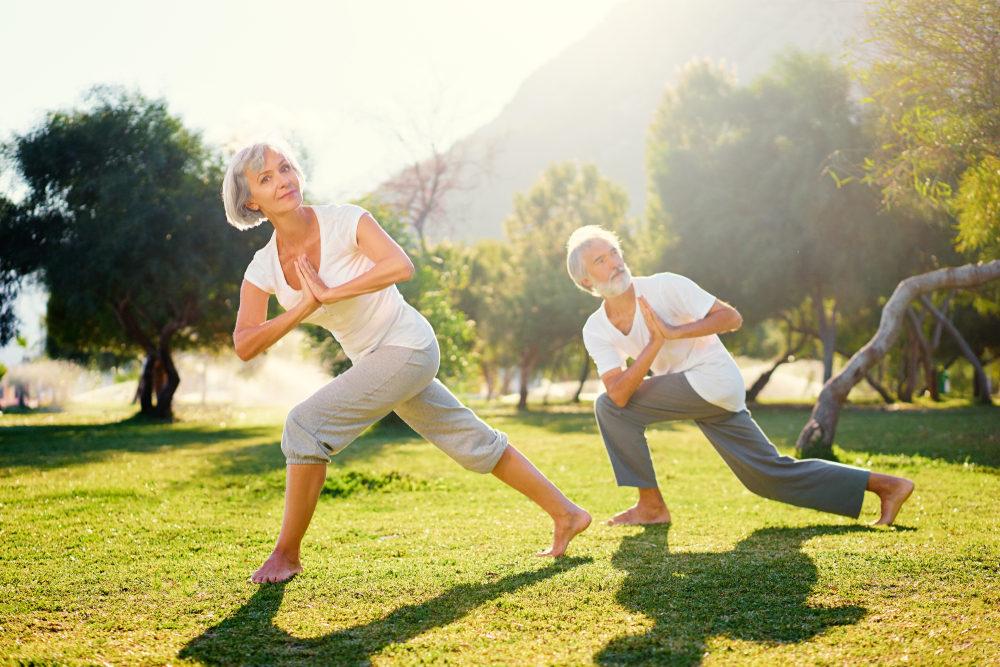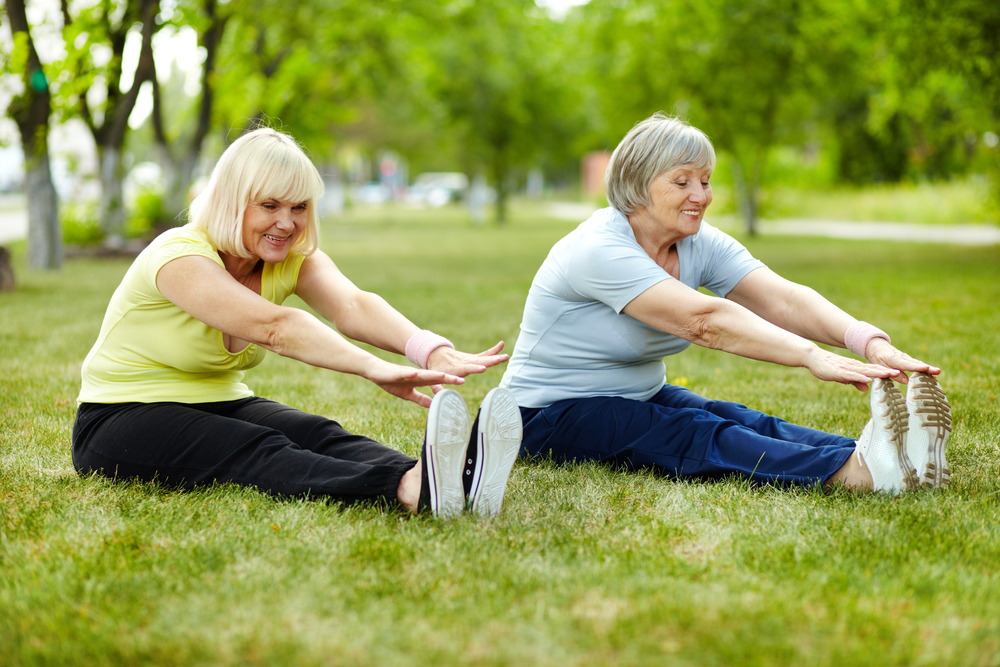If you or your loved one is considering moving to an Orlando assisted living facility, there are a lot of factors to consider. You want to make sure that the facility can meet all of the needs of your loved one, employs quality caregivers, and is overall a good fit.
If you have not explored assisted living options before, you may be surprised to know that there are admission requirements that must be met prior to transitioning to the community.
Read on to learn more about admission requirements and how to qualify for assisted living.
Daily Assistance Is Necessary
While seniors can sometimes benefit from assistance when their mobility starts to decline, assisted living facilities cater to seniors who truly need help. In order to be eligible to live in an assisted living facility, seniors must need assistance in “activities of daily living.”
Activities of daily living include:
- Grooming
- Bathing
- Dressing
- Making meals and eating
- Transitioning from sitting to standing, lying to sitting, etc.
- Handling basic toileting needs
Of course, determining when assistance is necessary is subjective, and it can be hard to know when exactly to make the move. The best thing you can do is talk to your loved one — along with the staff at an assisted living facility — about their daily living situation.
Residents Must Be Predictable and Stable
To qualify for assisted living, residents must be predictable and stable. But what does that actually mean?
Generally, predictability and stability mean that the senior can be looked after on a set schedule, even if it requires a high level of care, but they don’t require 24/7 care or monitoring.
Residents who have medical conditions that are not under control may not be approved for assisted living. Similarly, seniors who have a history of violent or disruptive behavior may not qualify.
Qualifying for Orlando Assisted Living
If you or a loved one is looking into assisted living in Florida, the best thing you can do is talk to a health care provider and the staff at an individual assisted living facility during a tour.
Staff can help walk you through the specific requirements for qualifying, and a healthcare provider can make recommendations on what type of living arrangements are best. You may find that an Orlando skilled nursing facility or another type of accommodation is more appropriate.
With a little research, you can find a facility that is a good fit for the long term.


